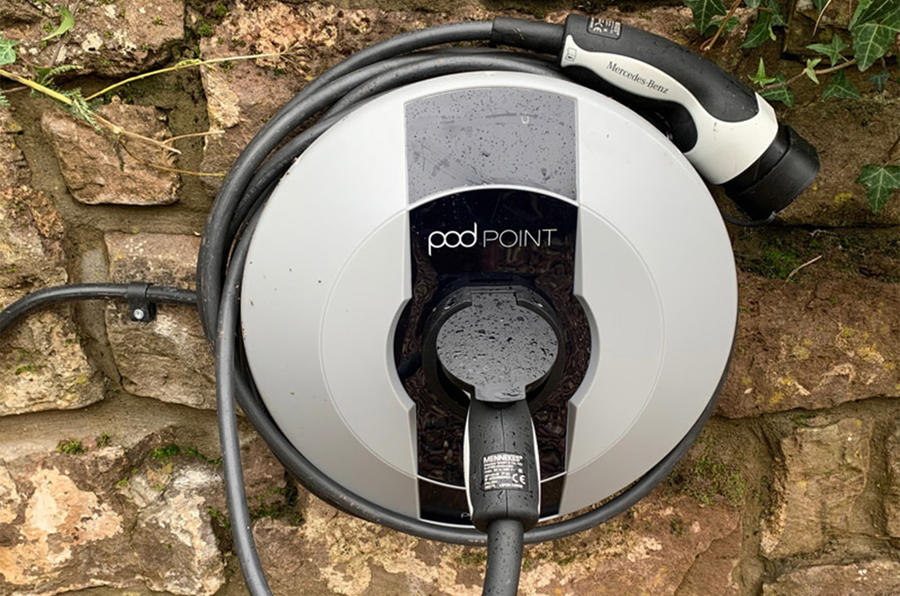The upcoming 2030 ban on new petrol and diesel cars will transform UK motoring on a scale never seen before. This story is part of a wider analysis of the challenges faced by consumers, government and the automotive industry, what needs to happen, and how such drastic changes can be achieved over the next decade.
Read the rest of this series here: Countdown to year zero - what needs to happen by 2030?
Here’s where it gets a bit more controversial. The only element not up for debate is that it’s going to be expensive: there are some huge figures quoted by all the interested parties. So, in the interests of fairness, here are what the two sides say.
Here’s the government: “The government is going further and faster than ever before to decarbonise transport and end the UK’s contribution to climate change by 2050. We’re also providing more than £1.3 billion to support the continued roll-out of charge points at UK homes, businesses and for on-street charging over the next four years.”
And here’s the SMMT: “Government investment so far into the UK’s electric vehicle charging is a step in the right direction. But it is only a fraction of the at least £16bn sum required if consumers are to be confident that recharging is as easy as refuelling. The industry invested £54bn in electrification across Europe in 2019, and we now need others to step up.”
There is more money floating around from the government (its consultation on the 2030 ban, for example, mentions an additional sum to support greater uptake of zero-emissions vehicles), but it’s clear that the SMMT doesn’t feel it’s enough. Neither does Brazier, who reckons it’s “on the scale we need but not enough in total”. “The government should kick-start the market and address market failures, but further investment should come from the market itself,” he adds.
Ultimately, of course, all that government money will have to be paid for somehow. The Treasury has already released the interim report around the Net Zero Review stating that: “Revenues from taxes on the consumption of fossil fuels and from emissions-intensive industries will decline during the transition, for example, as petrol cars are replaced by electric vehicles. Over time, the government will need to consider how to offset these lost tax revenues.”
All of which means that it’s unlikely motorists will see their bills going down any time soon.
READ MORE
Countdown to year zero: what needs to happen by 2030
Official: Government to ban new petrol and diesel car sales in 2030
The UK's 2030 petrol and diesel ban: Autocar’s response





Add your comment